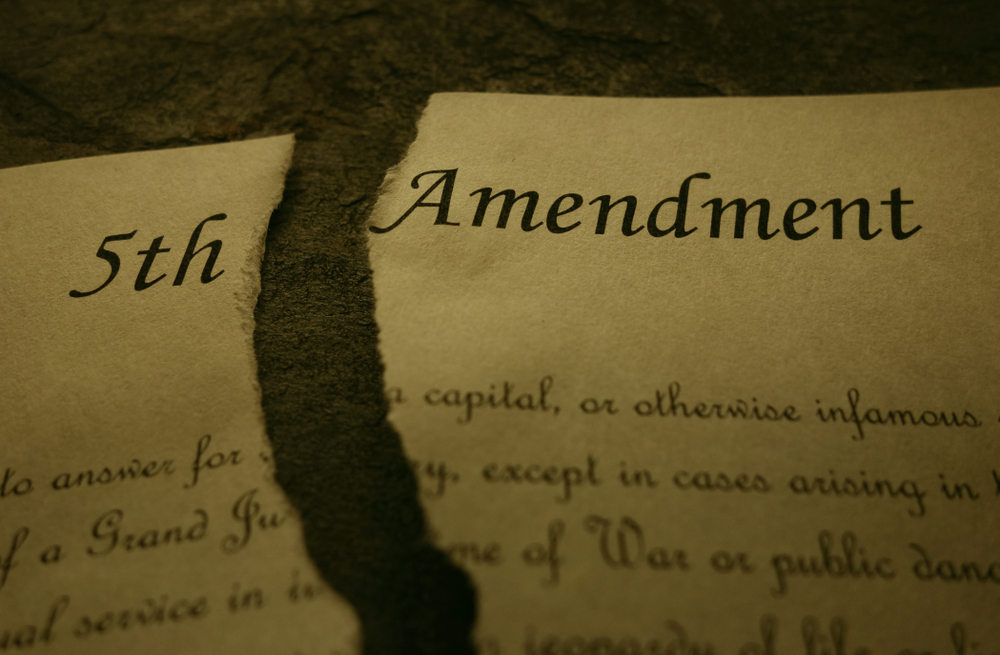A former federal public defender’s legal effort to hold the U.S. judiciary accountable for alleged mishandling of her sexual harassment complaint has been denied on appeal. On Friday, a panel of judges from outside the 4th Circuit Court of Appeals upheld a 2024 trial court ruling that found no constitutional violations in how her complaint was processed, Reuters reported last week.
The plaintiff, Caryn Strickland, filed the original lawsuit in 2020, asserting that officials in the U.S. judiciary violated her Fifth Amendment rights to due process and equal protection. Her allegations centered on a 2018 “quid pro quo” email from her supervisor, which she received after the two had drinks. In the message, he allegedly offered to boost her pay and advance her career, adding the remark: “just remember I deal in pay-for-stay :).”
(Learn more about what constitutes quid pro quo sexual harassment here.)
Strickland argued that the federal judiciary’s internal Employment Dispute Resolution (EDR) system failed to protect her, alleging that officials showed deliberate indifference and mismanaged her complaint. She also claimed the top federal defender in her district took no meaningful action in response.
Due to widespread conflicts of interest, all judges in the 4th Circuit recused themselves. The case was reassigned to a three-judge panel drawn from other federal appeals courts. Writing the opinion for the court, U.S. Circuit Judge Ronald Lee Gilman of the 6th Circuit acknowledged that judiciary employees had “behaved imperfectly” and made “missteps,” but concluded that these shortcomings did not rise to the level of a constitutional violation.
“Strickland does not explain how these failures would have deprived her of a fair fight,” Gilman wrote, adding that she failed to show that the EDR remedies available to her were inadequate.
Strickland, who represented herself on appeal, has not issued public comment on the ruling.
Broader Implications and Push for Reform
Although the trial and appellate courts both ruled against Strickland, her case spotlighted a gap in legal protections for approximately 30,000 federal judiciary employees. Unlike most American workers, they are not covered under Title VII of the Civil Rights Act or similar anti-discrimination laws. Instead, they must rely on internal judicial mechanisms like the EDR system.
Strickland was one of several former judiciary employees who testified before Congress in 2022 to advocate for stronger workplace protections. Their testimony supported legislation aimed at bringing judiciary staff under the same federal employment laws that protect other workers nationwide.
While ruling against Strickland in 2024, U.S. District Judge William Young, who presided over the bench trial due to local judicial conflicts, called for serious institutional reform. “If judges are serious about sexual harassment, we must own the process,” he said.
Case Analysis
Strickland’s case matters because it shows how even people working inside the justice system can face serious roadblocks when they report sexual harassment. Strickland worked for the federal judiciary, but unlike most workers in the U.S., she wasn’t protected by regular workplace laws like Title VII. Instead, she had to go through an internal system that many say isn’t fair or independent.
Even though a judge admitted that mistakes were made in how her complaint was handled, the court still ruled against her. That’s what makes this case so important. It exemplifies how hard it can be to speak up when the people in charge are also the ones in charge of investigating themselves.
For those who’ve been brushed off or ignored after reporting harassment, this case is a reminder that the system doesn’t always work the way it should. It’s also a call to action: survivors deserve real protections, real accountability, and the chance to be heard, no matter where they work.
Despite her legal setback, Strickland’s case has added momentum to ongoing calls for increased transparency, independent oversight, and legislative reform within the federal judicial system.
If you’ve been subjected to threats, retaliation, or career manipulation in exchange for sexual favors, known legally as quid pro quo sexual harassment, you are not alone, and you may have legal options. The most meaningful outcome is not just justice in court but being acknowledged, respected, and empowered to move forward.
Learn your rights here.




